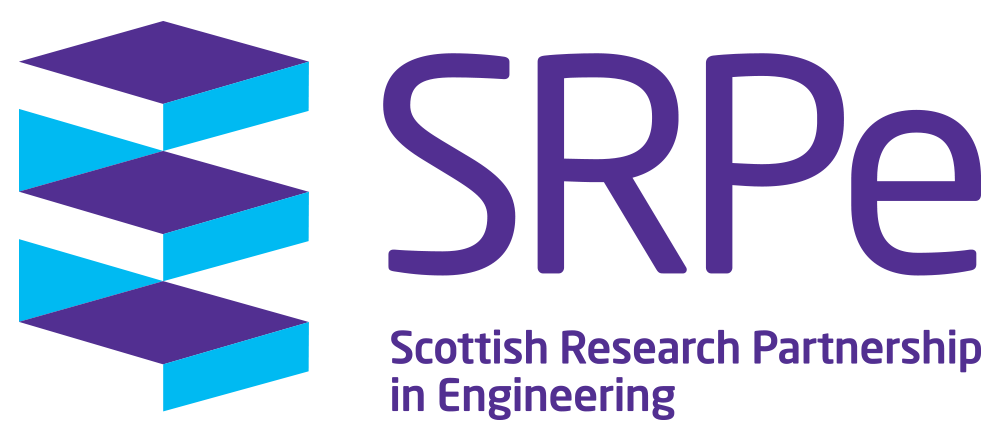Development of Advanced Manufacturing Platform for High Integrity Forged Components
Academic Institution: University of Strathclyde
Academic Supervisor: Professor Paul Blackwell
In Collaboration with: Timet / AFRC Industrial Partners
PhD Student: Sean Peters
Summary:
There are ever increasing demands on automotive and aerospace engine manufacturers to develop systems with improved efficiency and reduced environmental footprint. Advanced designs are based on higher service temperatures, lighter weight, and higher operation speeds. If further advances are to be made in these areas, new classes of materials will be required. Intermetallics such as titanium aluminide offer these advantages. Now with industry acceptance, the material can be developed to optimise processing via advanced manufacturing platforms such as FutureForge, at the AFRC.
The aim of my project is to improve the forgeability of difficult to work titanium aluminide alloys by applying and developing thermomechanical processing techniques. These include hot isostatic pressing, homogenisation and cyclic heat treatments combined with multi-step isothermal forging for ingot breakdown. Through these processes the microstructure will be refined and controlled to produce high integrity, forged titanium aluminide stock ready for processing by high deformation processes, such as closed-die forging, potentially expanding the list of possible applications.
Key Results/Outcomes:
45XD Integrating two processes HIP & HMG into one process reduces initial brittle β0/B2 fraction and reduces the number of cooling stages where grain growth can occur. Providing a more homogenised
4822 Cyclic induction heat treatment (CHT) uses the chemistry of the metal to refine the grain size without hot working, easing primary forging.
Both alloys look to benefit from two stage forging to return material with acceptable workability for secondary processes such as closed die forging or hot rolling.
Publications:
Journal publications:
Paper accepted by the journal Intermetallics; “Integrating HIP and homogenisation heat treatment and its effect on the workability of a conventional peritectic TiAl alloy”
Collaborations:
Collaborated with Henry Royce Institute sites at the University of Sheffield and University of Manchester for access to and expertise in equipment capabilities. Funding awarded through the Henry Royce Student Equipment Access Scheme
Contact Information:
Sean Peters
PhD student, University of Strathclyde
Professor Paul Blackwell
Director of Knowledge Exchange, Department of Design, Manufacturing & Engineering Management University of Strathclyde
The aim of our work in an image, improving forgeability of these cast alloys to produce uniform forged material
Example of induction cyclic heat treatment setup in action, pyrometer in the foreground to monitor the heat treatment taking place in the background.


